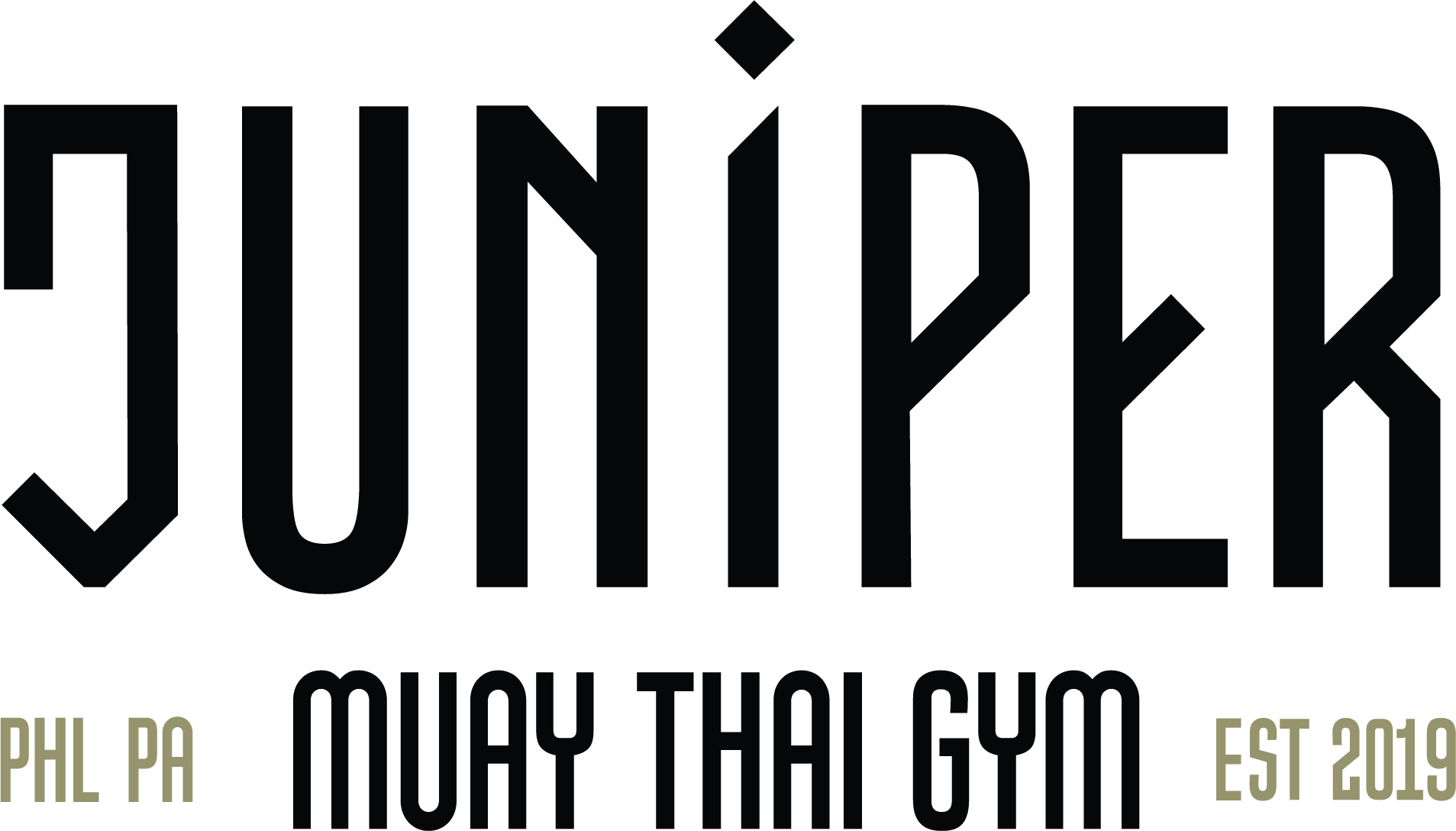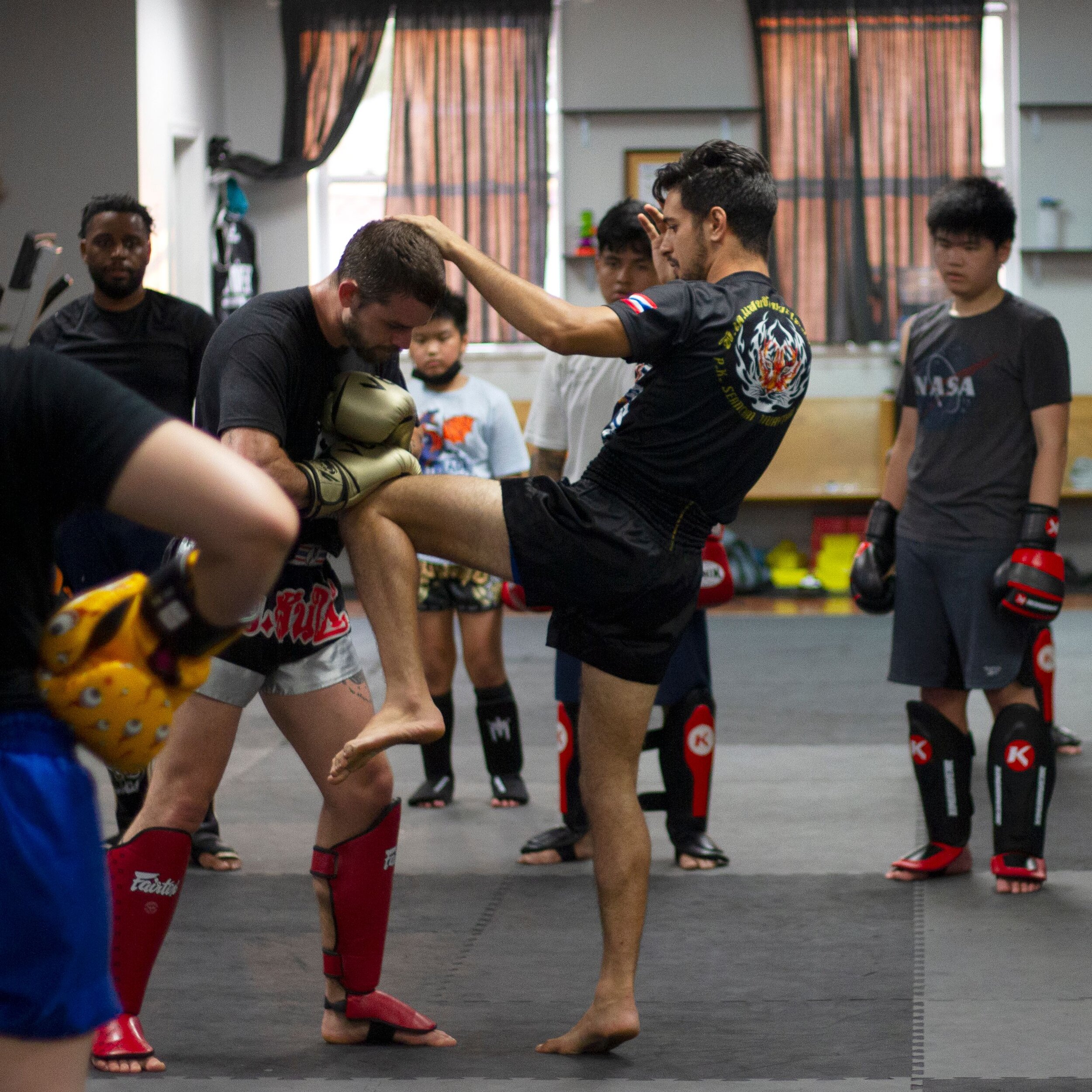Being a Good Teammate - Hygiene, Gear, and Attitude
A gym is only as good as its members. We as coaches, are only as good as the fighters we build, the community we create, and the technique we teach. While Muay Thai is an individual sport, the gym and its classes are reliant on a good community. Below are some ways that you can ensure that you are a good teammate—regardless of your personal goals or skills.
Practice Proper Hygiene
Fingernails and toenails should be clipped to minimize any scratches during clinching. Clothes should never be worn twice. Wear deodorant as needed! Wraps, shinguards, gloves etc. are bound to get stink if stuffed into a gym bag. Remember, dark and damp places breed nasty smells and bacteria.
After each training session you should air out your gear in front of a box fan, outside, or somewhere else with light and circulation. Glove inserts or gym bag deodorizers are a huge plus to reducing smell. Every once in a while wipe down all of your equipment with cleaner inside and out. Dark and damp = bad. Light and dry with air circulation = good. Your partners will thank you!
Pro tip: Hand-wash your Thai shorts, or at the very least don’t put them in the dryer. The embroidery does not hold up in machines.
2. Purchase the Proper Gear
If you spar or take advanced classes, two pairs of gloves are a must. One for hitting the bag or pads, and one for sparring. We recommend smaller gloves (8-12 oz) for padwork, and require 16 oz gloves for sparring. This protects your hands, and your partner’s head!
Cloth shinguards do not protect your shins or your partner. Big shinguards with straps will minimize knees clashes and shin clangs as well as better protect your toes. If you ever show elbows in sparring or clinching, elbow pads are a safe bet as well. Good gear, properly maintained, will last for years. Purchase quality stuff if you are committed to the sport.
3. Maintain a Student Mentality
There is an old saying, ‘Good padholders make the most friends.’ In American gyms, with class style formats, it is necessary that every student is a proficient padholder. If you are new, attend the ‘Intro to Padholding’ sessions and ask questions on how to be a better padholder. Your partners will be happier and your understanding of Muay Thai will benefit. Padholding is a skill in and of itself; a good padholder understands range, the concepts behind Muay Thai, and the flow of the sport.
People driven by ego always try to win—regardless of the scenario. People driven by a student mentality try to learn, so that they win in the ring. Sparring is a time for learning, not for winning. Being a good sparring partner means understanding your current partner—the size difference, their skillset, and your abilities versus theirs. Practice the things you know you know you need to work on; adjust your power and aggression based on skill levels. As coaches, we will ensure that fighters get in their hard sparring—where you learn to dig deep, hit hard, and take a shot… However, average clinching and sparring—particularly for nonfighters—should be measured and relatively light, focused on skill acquisition and retention rather than winning each and every round.


